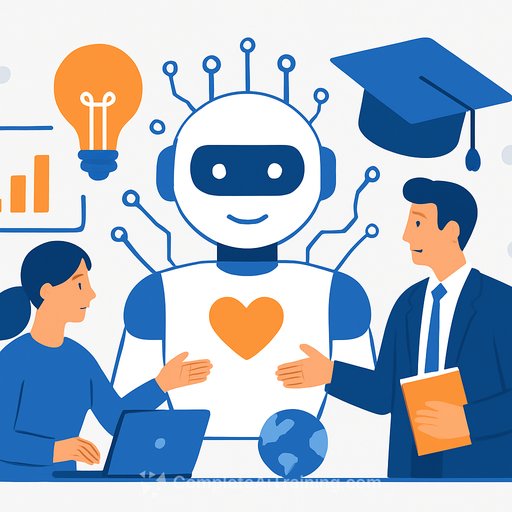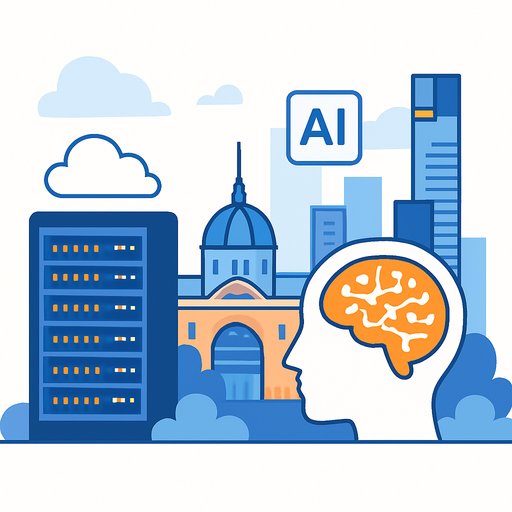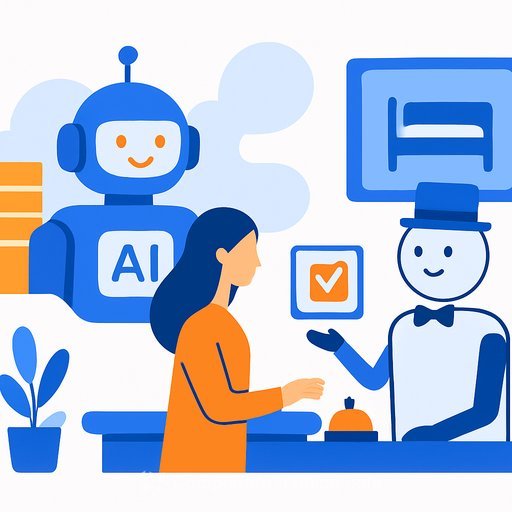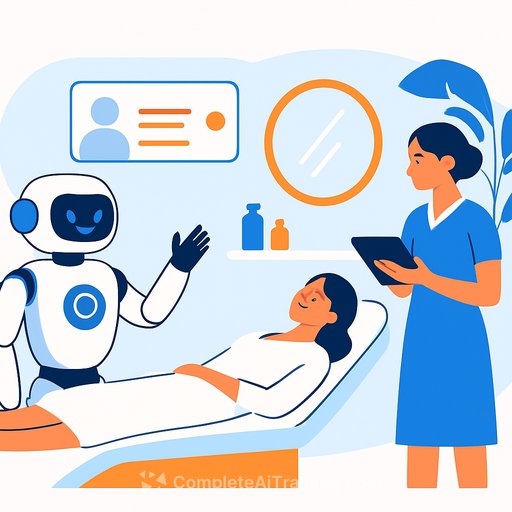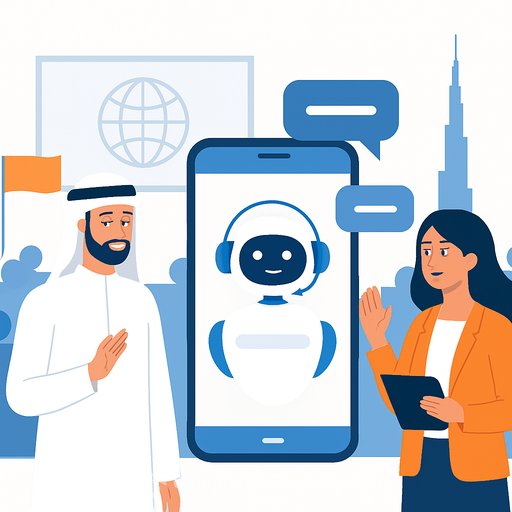Where AI Meets Empathy: Inside IIHM's New Model for Global Hospitality Learning
AI is changing hospitality education, but not in the way most expect. At the International Institute of Hotel Management (IIHM), Chairman Dr Suborno Bose is proving that better tech can mean better human service. Awarded The Economic Times AI Policy Leader of the Year 2025, he frames the shift with a simple guardrail: "High Tech, Higher Touch."
The idea is clear: use AI to remove friction, not feeling. Efficiency scales through algorithms; loyalty is earned through empathy. IIHM is building a model where both work together - in classrooms, kitchens, and guest experiences around the world.
"High Tech, Higher Touch" - a practical framework
"High Tech, Higher Touch" isn't branding. It's a standard. IIHM uses AI to streamline the repetitive so educators and students can invest more time in mentorship, ethics, stories, and real hospitality moments.
The result is a learning culture where data informs decisions, while people lead with intuition. Students are trained to think like analysts and act like hosts.
NamAIste: Hospitality's 24×7 AI mentor
IIHM's NamAIste - a hospitality-focused Generative AI - has turned learning from static to conversational. Students use it to clarify concepts, design sustainable itineraries, and rehearse interviews. Faculty use it to refresh case studies and link global best practices in seconds.
The mindset shift matters most: AI is treated as a collaborator in creativity, not a crutch.
Overcoming resistance: show, don't debate
Worried teachers and partners weren't won over by slides - they were won over by time saved. Once grading, data collation, and SOP building moved to AI, faculty gained hours for coaching. Industry partners saw curated SOPs and analytics on demand and moved from hesitation to hands-on support.
Service excellence, redefined by "Advanced Intelligence"
For Dr Bose, AI should mean "Advanced Intelligence" - intelligence with conscience. Prediction meets perception: systems anticipate needs, people interpret emotions. That's how service becomes personal without becoming impersonal.
- Accessible stays: voice-enabled check-ins that support visually challenged guests.
- Zero-waste kitchens: predictive F&B that reduces overproduction and improves margins.
- Personalised wellness: wearables that adapt sleep, nutrition, and activity for each traveller.
A global alliance that actually shares
IIHM's Global Knowledge Sharing Declaration on AI in Hospitality is now a working network across 50 countries and institutions. Universities share micro-curricula, research, and AI ethics frameworks. Cross-border hackathons pair students to co-create sustainable solutions that can be deployed on the ground.
The next skill set: techno-emotional talent
Tomorrow's professionals read both dashboards and people. IIHM trains "multi-lingual" graduates - fluent in the language of algorithms and the language of compassion. AI literacy, sustainability analytics, and cross-cultural empathy sit alongside culinary arts and front office mastery.
AI x sustainability: conscience guides computation
AI can track carbon, manage energy, and forecast waste. But it can't set values. As Dr Bose writes in his books, AI may become the brain of hospitality, but the heart stays human. Ethics must be explicit, not assumed.
- Use data to cut energy and water waste without hurting guest comfort.
- Forecast demand to stabilise supply chains and reduce spoilage.
- Adopt clear AI ethics aligned to global guidance like UNESCO's AI Ethics and sustainability goals from UNWTO.
Youth platforms that build leaders
The IIHM International Young Chef Olympiad (YCO) brings 60 nations together to cook and collaborate. It's culture, creativity, and diplomacy through food. With AI now assisting in recipe analysis and zero-waste scoring, YCO 2026 is set to be the first AI-enhanced global youth event in hospitality - medals plus a mindset: collaborate to compete.
What's next: AI Campus Clouds and soft power
IIHM is rolling out "AI Campus Clouds" so a student in Samarkand or Singapore taps into the same NamAIste engine as someone in Kolkata. The bigger aim is national soft power: showing how India can teach the world to marry technology with humanity.
What hospitality and events professionals can do now
- Free up your team: automate admin (quizzes, reports, SOPs) to create more time for guest-facing coaching.
- Design for empathy: add accessibility features (voice, larger text, cognitive-friendly flows) to every guest journey.
- Cut waste with data: start with predictive purchasing and production planning in F&B.
- Build techno-emotional skills: train in AI literacy and service recovery - together.
- Adopt an ethics baseline: publish your AI use cases, consent practices, and human-in-the-loop checkpoints.
- Join global exchanges: co-create micro-curricula or hackathons with partner schools to accelerate learning.
A note to students
Hospitality isn't just a career - it's a consciousness. AI may power your service. Empathy will power your success. Be curious. Be brave. Let compassion be your code.
Keep learning
If you want to build practical AI skills for hospitality roles, explore curated options by job role here: AI Courses by Job.
Your membership also unlocks:

